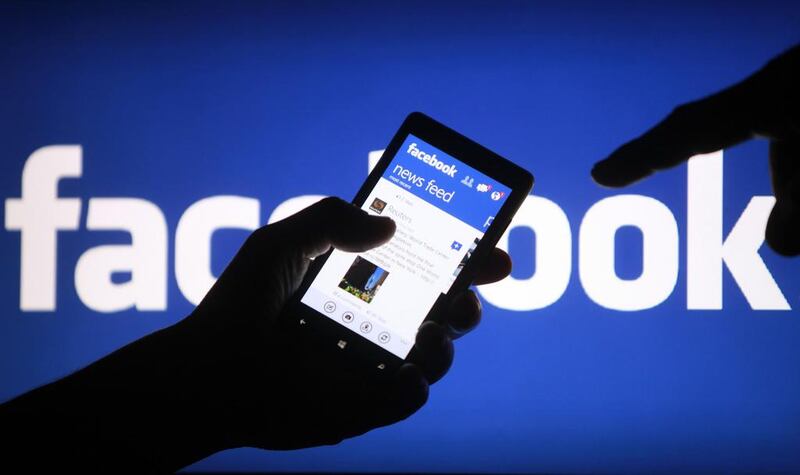Britain announced on Tuesday it was setting up a new national security unit to combat "disinformation", just weeks after prime minister Theresa May accused Russia of using fake news to undermine western institutions.
“We are living in an era of fake news and competing narratives,” the prime minister’s spokesman said. “The government will respond with more and better use of national security communications to tackle these interconnected, complex challenges.”
The new National Security Communications Unit was approved at a meeting of the National Security Council, which comprises ministers and senior security officials.
“This will be tasked with combating disinformation by state actors and others,” the spokesman said.
“It will more systematically deter our adversaries and help us deliver on national security priorities.”
In a speech in November, the prime minister accused Russia of mounting a “sustained campaign of cyber espionage and disruption”, including meddling in elections.
Mrs May said Russia was seeking to weaponise information by deploying its state-run media organisations to plant fake stories and manipulated images in an attempt to sow discord in the West and undermine British institutions.
“You will not succeed," she said. "The UK will do what is necessary to protect ourselves, and work with our allies to do likewise.”
The Guardian newspaper reported on Wednesday that Ciaran Martin, the chief executive of the country’s National Cyber Security Centre (NCSC), said it was a matter of “when, not if” Britain is subject to a disastrous cyberattack that could cause cripple national infrastructure.
Mr Martin told the newspaper that “I think it is a matter of when, not if and we will be fortunate to come to the end of the decade without having to trigger a category one [C1] attack”.
He said that the country has been lucky to have avoided a C1 attack – this is defined as being one that could attack such critical sectors of the economy as the provision of energy supplies and the day-to-day running of the financial sector – to date.
Mr Martin also said that it would be impossible to totally protect against such an incident. “Some attacks will get through. What you need to do [at that point] is cauterise the damage,” he said. America, France and other European countries have already faced similar attacks.
On Monday night, the chief of the general staff of the British Army, Sir Nick Carter, highlighted the growing national threat that could come from cyberattacks – from states such as Russia or North Korea, or else from renegade organisations.
Sir Nick said that, because of the worry about cyberattacks, Britain should see Moscow as a “clear and present danger”.







